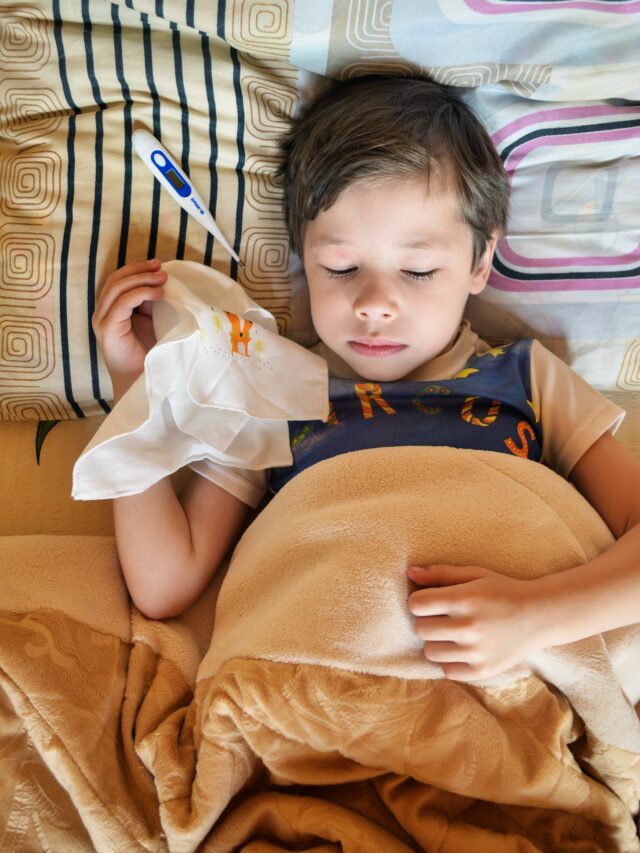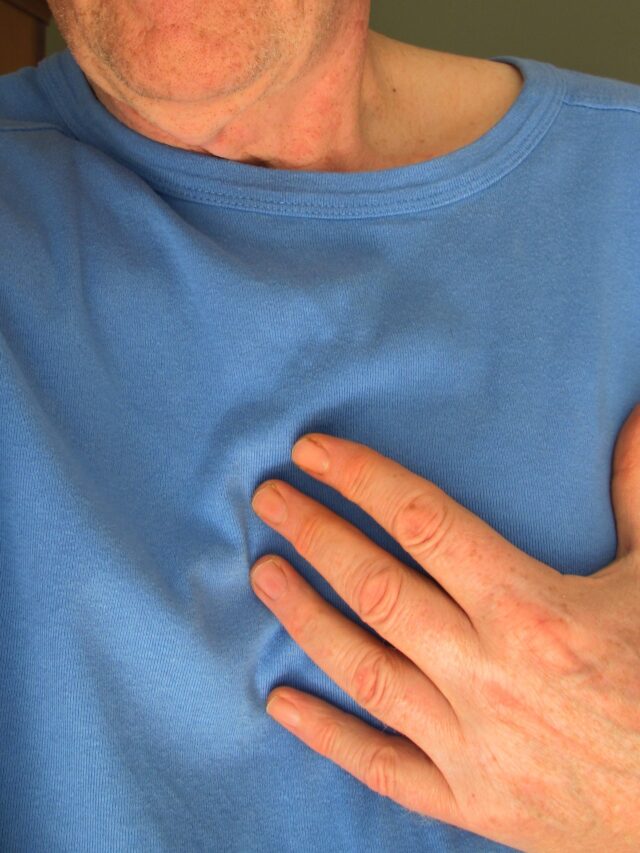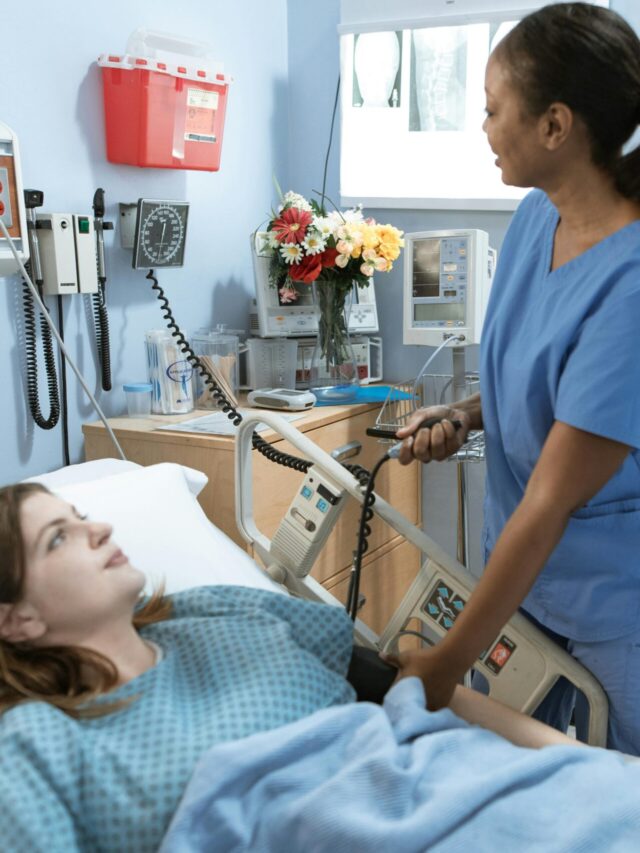DIARRHOEA
It is a condition which is defined as the passing of stool that is more of liquid in consistency and also the frequency of passing stool is three or more times in a day.
It is very common in developing countries and especially in children which sometimes proves fatal as the mortality rate is higher among children due to diarrhoea.
CAUSES OF DIARRHOEA:
Diarrhoea mostly occurs due to :
1) UNHYGIENIC COOKING PRACTICE: It includes cooking vegetables or meat without properly cleaning them with clean water.
2) POOR PERSONAL HYGIENE: Handling of food without properly washing hands or not washing hands with soap after coming from the toilet.
3) DIRTY WATER: Most populations in developing countries still don’t have access to clean and safe drinking water, and this is by far a very common cause of it in children.
4) UNDERCOOKED FOOD: vegetables and meats can be contaminated with various types of Micro-organism, chemicals, or fertilizers used while farming and undercooked meat or vegetables can have these micro-organisms which are not destroyed during cooking passing into the human body which can lead to stomach problems.
5) OVER EATING – Sometimes people eat too much which their body is not able to digest and it can lead to diarrhoea and vomiting.
6) ALCOHOL – People who consume alcohol in an excess amount for a long time can suffer from pancreatitis which can be a reason for this disease.
7) MEDICINES SIDE EFFECT – Some medicines can produce side effects which include this disease as they can affect the normal flora of the human gut. Antibiotics, and laxative overdose are examples of medicine-related loose motion.
8 ) CHRONIC DISEASE: some diseases like Crohn’s disease, ulcerative colitis, tuberculosis, HIV, and cancer can cause chronic problems of loose motion.
CAUSATIVE ORGANISMS:
Some of the causative organisms of loose motion include-
Vibrio cholerae, Escherichia coli, Shigella dysenteriae, clostridium difficile, rotavirus, entamoeba histolytica.
CLASSIFICATION OF DIARRHOEA :
1) ACUTE DIARRHOEA
2) CHRONIC DIARRHOEA
ACUTE DIARRHOEA: passing of watery consistency of stool three or more times a day for less than two weeks is considered acute loose motion. It is more infectious in origin.
CHRONIC DIARRHOEA: passing of watery consistency of stool three or more times a day for more than two weeks is considered as chronic motion. It is mostly due to a chronic disease mentioned above.
CLINICAL FEATURE:
1) Severe watery diarrhea is seen in cases due to cholera, E. Coli, or of viral origin. The patient losses too much water and can present in a dehydrated state in the hospital.
2) sometimes stool can be mixed with blood or mucus which is called dysentery which can be due to shigella Dysenteriae, entamoeba histolytica.
3) Diarrhoea can be associated with abdominal pain, vomiting, and fever also.
4) signs of dehydration such as sunken eyes, dizziness, dry skin, reduced urine output, increased thirst, increased heart rate, low blood pressure can be seen in chronic diarrhea.
5) In chronic diarrhea it can help to identify the source of stool formation such as :
The disease of the large intestine can cause diarrhoea which will be less in amount and also can be associated with blood and mucus.
The disease of the small intestine can cause a large amount of diarrhoea which can be sticky in nature.
Management of Diarrhea
INVESTIGATION
A stool culture can be done to find the causative organism and the medicine to which it is sensitive.
Electrolyte level can be measured too.
In chronic diarrhoeal cases, other investigations can be done based on the clinical history, and disease suspected.
Treatment –
1) If the patient is not suffering from vomiting then ORAL REHYDRATION SOLUTION (ORS) can be given after every episode of diarrhoea to maintain the electrolyte and hydration level of the patient.
2) In case of vomiting or if the patient is not able to take oral fluids then intra-venous fluid administration can be done to maintain blood pressure and hydration.
3) zinc supplements have been found effective in the management of diarrhoeal cases.
4 ) Antibiotic treatment can be given based on patient’s condition and stool culture reports.
PREVENTIVE MEASURE :
1) wash the vegetables or meat with water nicely before cooking to remove any kind of chemical or other types of contamination present on them.
2) Maintain proper hygiene like washing hands with soaps before handling any food items and also after coming from the toilet.
3) cook the vegetables and meat nicely and avoid eating raw or half-cooked vegetables and meat.
4) Always drink clean water and cover the water storage container nicely to avoid any contamination. If clean water is not available then it’s better to boil water nicely and let it cool down before consumption.
5) Avoid eating food from unhygienic restaurants as it can have contaminated or undercooked food.
6) Reduce the amount of alcohol consumption so that the liver and pancreas can function properly.
7) oily and fatty food should be avoided as they can harm the liver.
8) overeating should be avoided as our body will find it difficult to digest the extra amount of food and a person can suffer from vomiting and diarrhoea.
9) If suffering from chronic diarrhoea then it’s important to follow the doctor’s advice and take the medicine properly as prescribed by the doctor to control the disease which can cause diarrhoea.
10) some medicine can cause diarrhoea so if this happens then the patient should inform the doctor so that the doctor can change the medications.
11) Don’t use laxatives in extra doses as it can lead to diarrhoea and it’s better to follow your doctor’s advice if you are using laxatives.
12) keep the vegetables and food stored in a proper place, so that the insects and rodents can’t reach them as they can infect the food.
13) CURD is a good source of probiotics that helps in maintaining the normal flora of the gut, so it is better to consume curd which helps in the proper digestion of food and prevention of diarrhoea.
TAKE HOME MESSAGE-
Diarrhoea can be acute or chronic and it can be due to various reasons and causative organisms. So it’s important to maintain good personal and food hygiene all the time and visit the doctor to get proper medical attention to prevent the worsening of the situation.
Children with diarrhea should be given immediate medical attention.
FOLLOW MY BLOG FOR MEDICAL AND HEALTH-RELATED INFORMATION.
COMMENTS ARE WELCOME FOR ANY IMPROVEMENT OR TOPIC YOU WOULD LIKE ME TO WRITE ON.
STAY HEALTHY AND STAY SAFE.











Nice doctor .Thanks alot
Thank you
Very informative 👍
Thank you 🙏